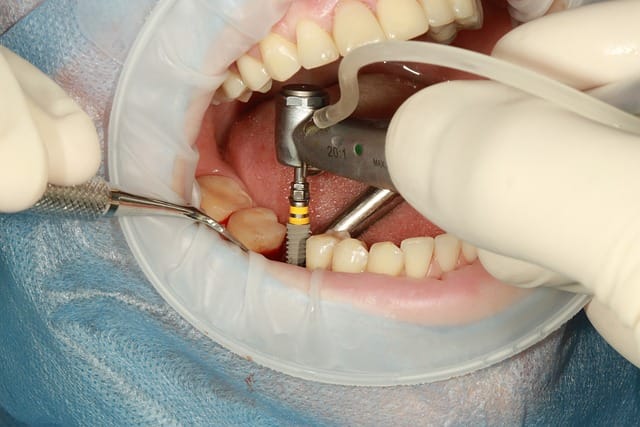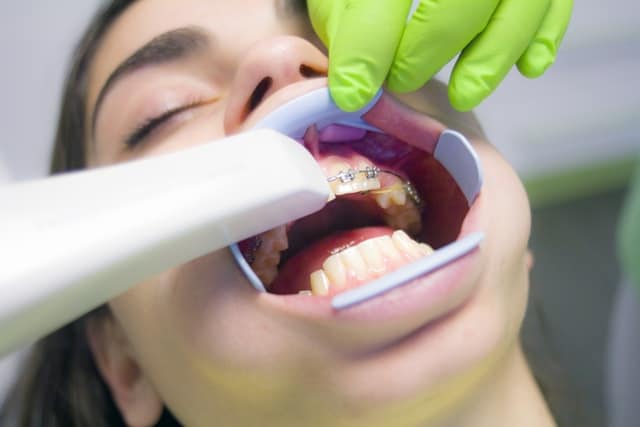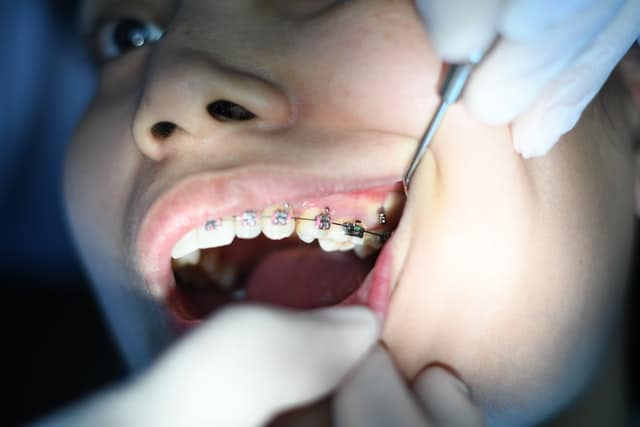Must-Do Preparations for Successful Dental Implant Surgery

Are you considering getting dental implants? Congratulations. This decision can be a life-changing one, giving you a confident smile and improved oral health. But before contacting your favorite dentist at Mundhandwerk or any other clinic to schedule dental implant surgery, be sure to get yourself fully prepared for all the things you’re going to do.
From preparing soft meals in advance to following your dentist’s instructions diligently, we will guide you through some must-do steps to ensure your dental implant surgery goes smoothly.
Get Your Soft Meals Ready
 You read it right. The meals you’re going to eat after the surgery can easily make or break your recovery period. Since your mouth will be sensitive and healing, steer clear of hard or chewy foods that could potentially irritate the surgical site. So, what kind of soft meals should you prepare? Think about foods that are easy to eat, require minimal chewing, and won’t cause discomfort.
You read it right. The meals you’re going to eat after the surgery can easily make or break your recovery period. Since your mouth will be sensitive and healing, steer clear of hard or chewy foods that could potentially irritate the surgical site. So, what kind of soft meals should you prepare? Think about foods that are easy to eat, require minimal chewing, and won’t cause discomfort.
Consider options like soups, mashed potatoes, smoothies, yogurt, scrambled eggs, or pureed fruits and vegetables. These types of foods are not only gentle on your gums but also provide necessary nutrients during this healing phase.
Fast at Least 4 to 12 Hours Before the Surgery
Preparing for dental implant surgery requires careful attention to detail, and one important aspect is fasting before the procedure. Your dentist will likely recommend that you fast for at least 4 to 12 hours prior to the surgery. Fasting helps ensure a successful procedure by reducing the risk of complications during and after the surgery. When you abstain from eating or drinking anything except water, it allows your body to enter a fasting state, which can optimize healing and minimize potential complications. During this period of fasting, it’s crucial to stay hydrated by drinking plenty of water.
Set Up a Place for Enough Rest
After the procedure, your body needs time to recuperate and allow the implants to fuse with your jawbone. This is why setting up a comfortable and relaxing space in your home is essential. So ensure you’ve prepared a cozy spot where you can lie down or recline comfortably. Gather some soft pillows and blankets to create a soothing environment that promotes relaxation.
Additionally, stock up on essentials within arm’s reach of your resting place so you won’t need to exert unnecessary effort. Have a water bottle within your reach so you can stay hydrated without having to get up frequently. Keep pain medication handy as prescribed by your dentist in case of discomfort.
Simply Follow Your Dentist’s Instructions
 Are you afraid these are not enough? Fret not, as your dentist will definitely be your guide throughout the entire dental implant surgery process. They have the knowledge and expertise to ensure a successful outcome, so it’s crucial to follow their instructions carefully. They usually provide you with all the pre-operative guidelines provided by your dentist.
Are you afraid these are not enough? Fret not, as your dentist will definitely be your guide throughout the entire dental implant surgery process. They have the knowledge and expertise to ensure a successful outcome, so it’s crucial to follow their instructions carefully. They usually provide you with all the pre-operative guidelines provided by your dentist.
These may include fasting requirements, medication restrictions, and any necessary preparations for anesthesia. Following these instructions will help minimize potential complications during surgery. After surgery, your dentist will give you detailed post-operative care instructions. This may involve taking prescribed medications, using special mouth rinses, or applying ice packs to reduce swelling. Strictly adhering to these guidelines will promote proper healing and increase the chances of successful implant integration.…


 This is probably the most common myth about braces. As much as most orthodontic patients are children, there is no age limit for braces. In fact, reports from the American Association of Orthodontists suggest that one in five orthodontic patients is over eighteen years. So, whether you’re eight or eighty, braces may be a good option for you if you have teeth alignment issues.
This is probably the most common myth about braces. As much as most orthodontic patients are children, there is no age limit for braces. In fact, reports from the American Association of Orthodontists suggest that one in five orthodontic patients is over eighteen years. So, whether you’re eight or eighty, braces may be a good option for you if you have teeth alignment issues. This is also a common misconception about braces. While you will need to be careful with certain hard and sticky foods, you can still eat all of your favorite foods with braces. Just be sure to cut hard foods into small pieces and avoid sticky sweets.
This is also a common misconception about braces. While you will need to be careful with certain hard and sticky foods, you can still eat all of your favorite foods with braces. Just be sure to cut hard foods into small pieces and avoid sticky sweets.